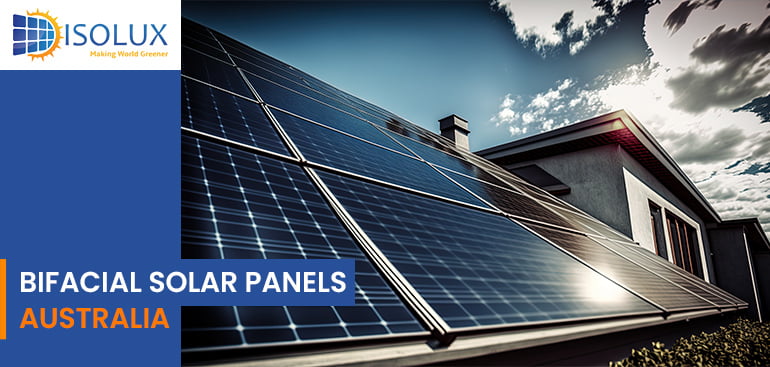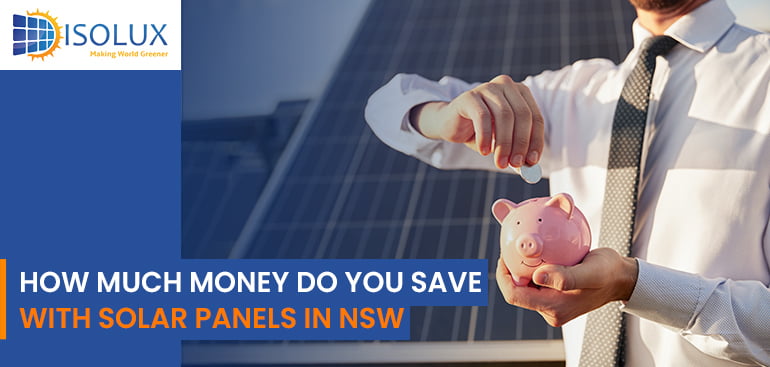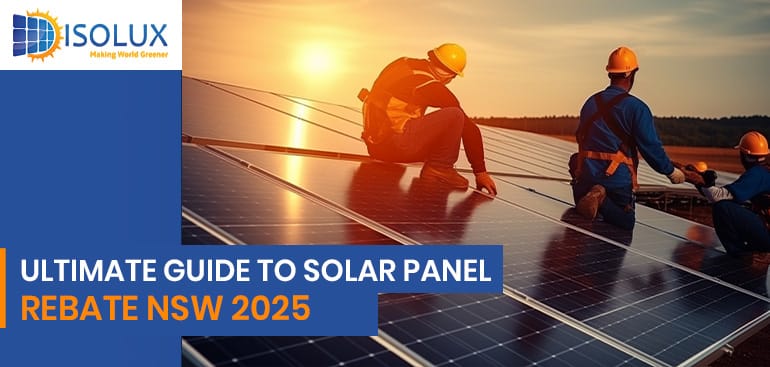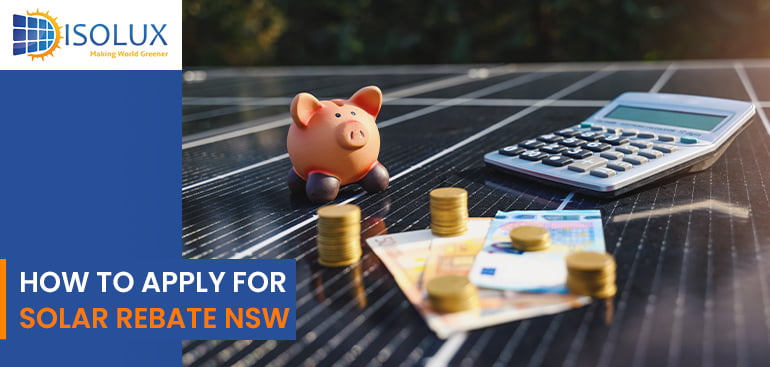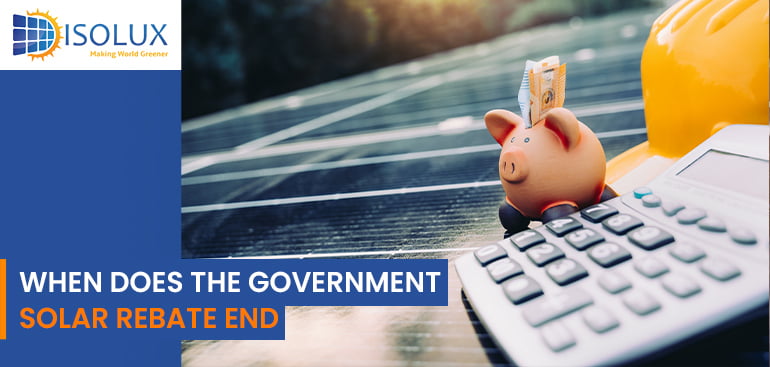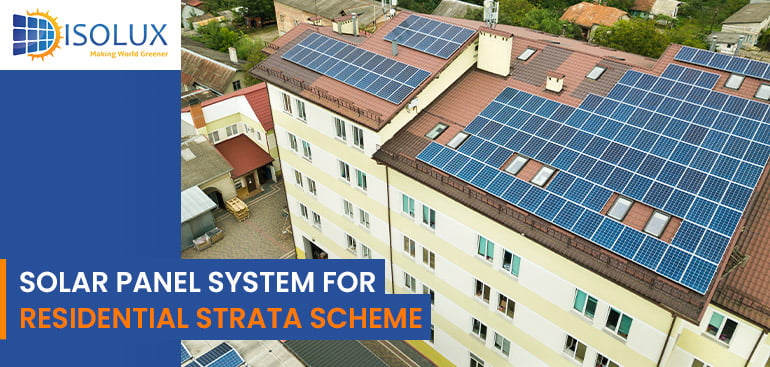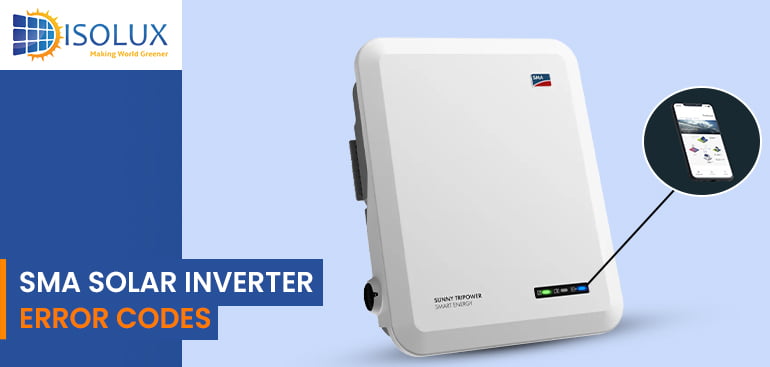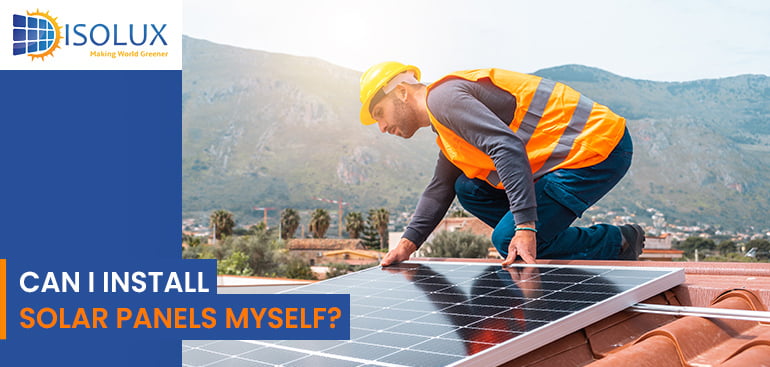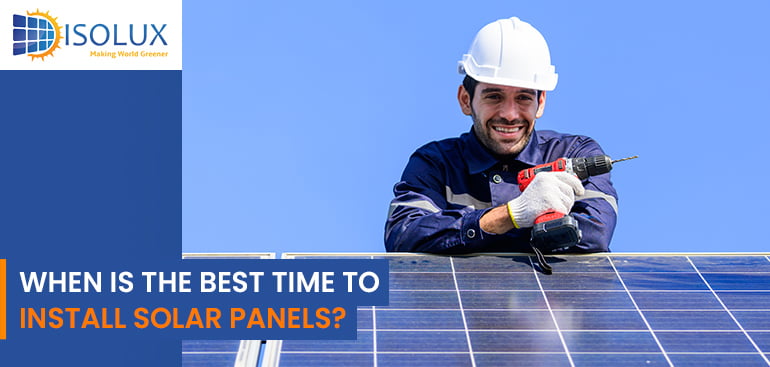Bifacial solar panels are a revolutionary advancement in solar technology. Unlike traditional monofacial solar panels that only capture sunlight on one side, bifacial panels are designed to harness solar energy from both sides. This unique feature allows them to absorb direct sunlight on the front side and reflect sunlight from the rear side. This dual-sided design significantly increases their energy harvesting capability.
The savings you can expect from installing solar panels in New South Wales (NSW) in 2024 depend on various factors including the size of the solar system, the available rebates, and energy usage patterns.
In Sydney Australia, solar panels are generally considered a worthwhile investment. The country’s abundant sunshine and government incentives contribute to the attractiveness of solar energy. The decision to invest in solar panels depends on factors like local climate, energy consumption patterns, and the availability of government rebates. Homeowners can typically expect reduced electricity bills and an increase in property value.
Embracing solar energy not only aligns with environmental goals but also opens the door to enticing rebates offered by the Australian Government and manufacturers. Let’s get into the details of solar rebates, covering up-front incentives, ongoing benefits, and additional schemes that can maximize your solar investment.
Embarking on the solar journey in New South Wales (NSW) aligns with environmental consciousness and comes laden with substantial financial perks through government-backed rebates and incentives. This comprehensive guide aims to provide an exhaustive understanding of the eligibility criteria for Solar Rebate NSW, a step-by-step application process, and an exploration of diverse solar rebate programs offered by the NSW State Government.
In 2011, the Australian government took a significant step towards a greener future by introducing the Solar Rebate scheme. Aimed at promoting the adoption of solar energy, this initiative, managed by the Clean Energy Council, has been a key player in encouraging individuals and businesses to embrace renewable energy solutions.
Installing solar panels in a residential strata property involves several considerations due to the shared ownership and management structure. Some strata properties may have specific rules regarding exterior modifications. Working closely with professionals like Isolux Solar and involving all stakeholders in the decision-making process is advisable.
SMA Solar Technology, a German-based company founded in 1981, is a leading global distributor of solar power solutions. Their inverters are highly regarded for reliability, making them popular in the Australian market. This guide will explore the most common error codes of SMA inverters, their causes, and recommended corrective measures.
In our ever-growing DIY culture, the idea of installing solar panels on your roof might seem tempting, but it’s a venture that demands extreme caution and diligence. While the short answer is yes, you can install solar panels yourself, there are critical considerations and potential pitfalls that could lead to significant damage. Here’s a guide to safely installing solar panels on your home without compromising their integrity.
Are you thinking about going solar? Great choice! Solar panels are not just environmentally friendly but can also save you money in the long run. Now, you might be wondering, when’s the best time to install solar panels? Let’s break it down in simple terms, season by season, so you can make the most out of harnessing the sun’s power.

